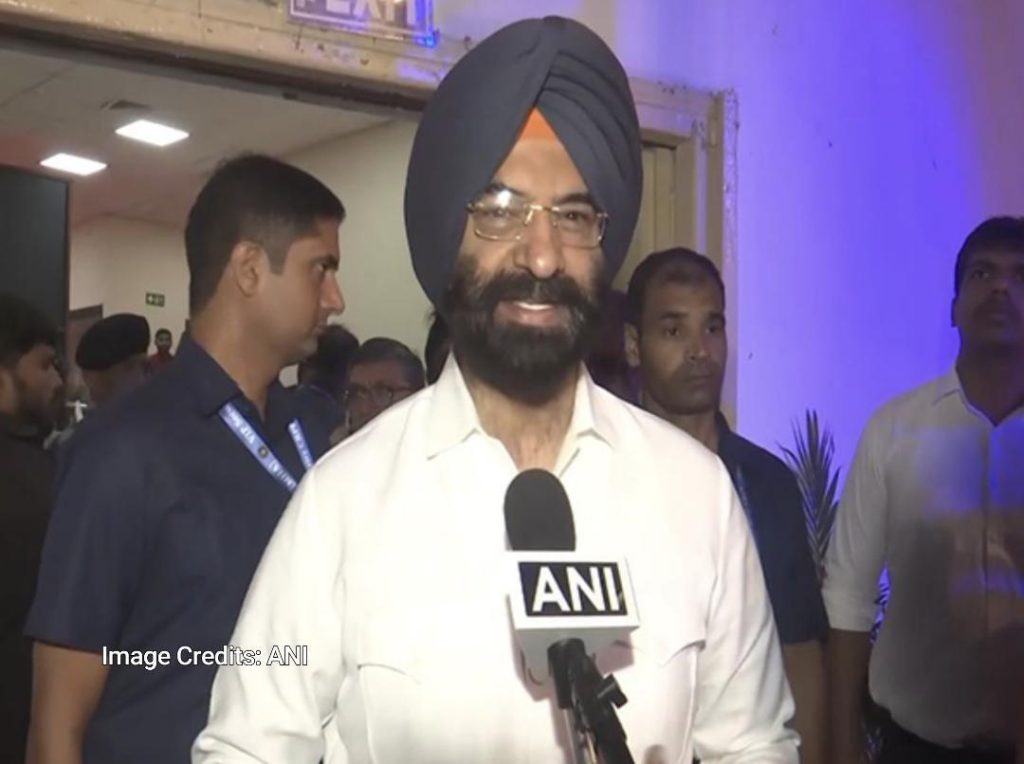
When AAP Ruled, Their Only Task Was to Cry & Complain: BJP’s Sirsa
The political landscape of Delhi has been witnessing a heated debate between the ruling Aam Aadmi Party (AAP) and the Bharatiya Janata Party (BJP) ever since the former came to power. The latest salvo has been fired by BJP leader Manjinder Singh Sirsa, who has accused the AAP of being masters of complaining and crying, both when they were in power and now in opposition.
Sirsa’s remarks came after Delhi Chief Minister Rekha Gupta completed 100 days in office. He was quoted as saying, “When AAP was in power, their only task was to cry and complain. Even now, when they’re in opposition, they’re doing the same thing. They seize every chance to shed tears.”
Sirsa’s statement is a scathing critique of the AAP’s leadership style, which has been marked by frequent outbursts and protests. The party’s leaders, including Chief Minister Gupta, have been known to take to the streets and stage dharnas to highlight various issues, often accusing the central government of not doing enough to address the problems faced by the people of Delhi.
However, Sirsa’s remark has been seen as a reflection of the BJP’s frustration with the AAP’s tactics. The BJP has been accusing the AAP of being more interested in grandstanding and scoring political points than actually delivering governance.
For Sirsa, the AAP’s approach is a departure from the BJP’s style of governance, which he believes is focused on delivering results rather than making excuses. “For the first time in 27 years, we have a government that delivers results, not excuses,” he said.
Sirsa’s comment is likely to be seen as a swipe at the AAP’s tenure in power, which was marked by a number of controversies and scandals. The party’s chief, Arvind Kejriwal, was accused of making empty promises and failing to deliver on his campaign pledges.
The BJP has been trying to capitalize on the AAP’s perceived weaknesses, highlighting its own achievements and claiming that it is the only party that can provide effective governance to the people of Delhi.
However, the AAP has been quick to hit back at Sirsa’s remarks, accusing the BJP of being jealous of the party’s popularity and success. The AAP has also claimed that Sirsa’s statement is a reflection of the BJP’s own failures in governance.
The debate between the two parties is likely to continue, with each side trying to outdo the other in a battle of wits and rhetoric. However, the real test will come in the form of the next election, when the people of Delhi will get to decide which party they want to govern them.
In the meantime, Sirsa’s remarks have set the tone for the ongoing political discourse in Delhi. The BJP leader’s comment has been seen as a reflection of the party’s frustration with the AAP’s tactics, and its desire to project itself as a more effective and efficient alternative.
It remains to be seen whether the AAP will be able to weather the storm and continue to govern Delhi effectively, or whether the BJP will be able to capitalize on its perceived weaknesses and take power. One thing is certain, however – the political landscape of Delhi is set to remain volatile and unpredictable for the foreseeable future.






